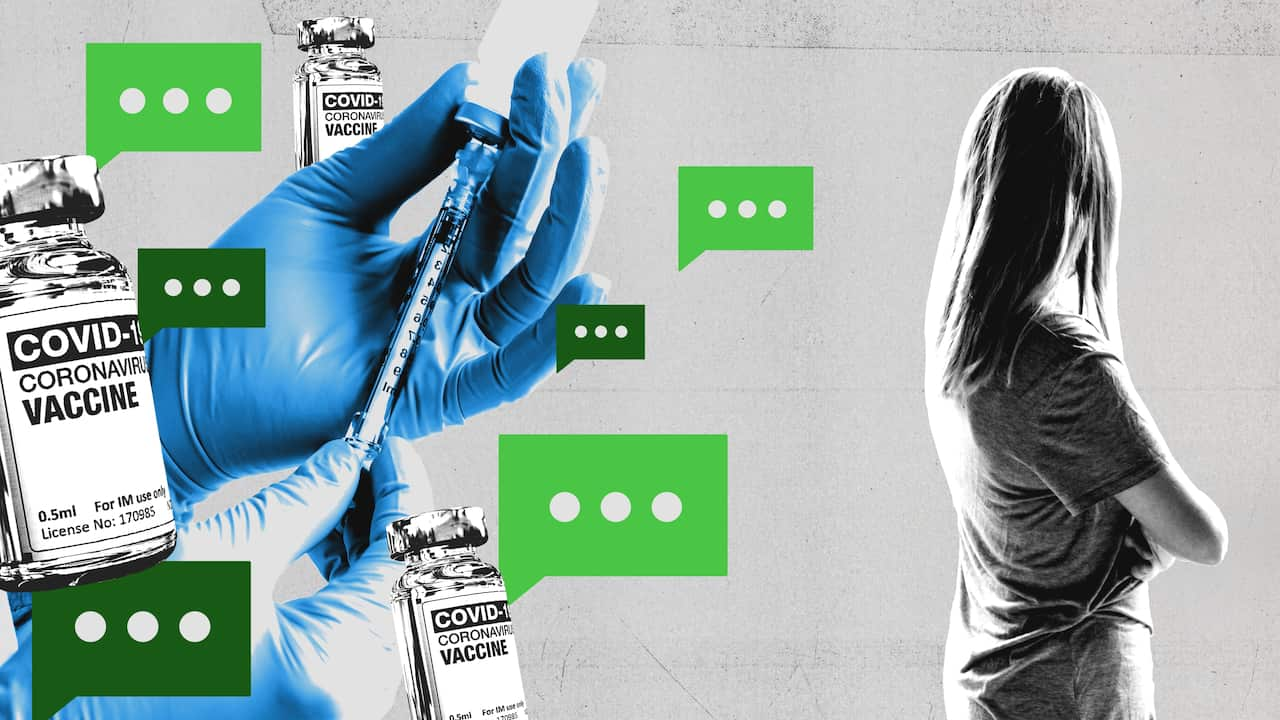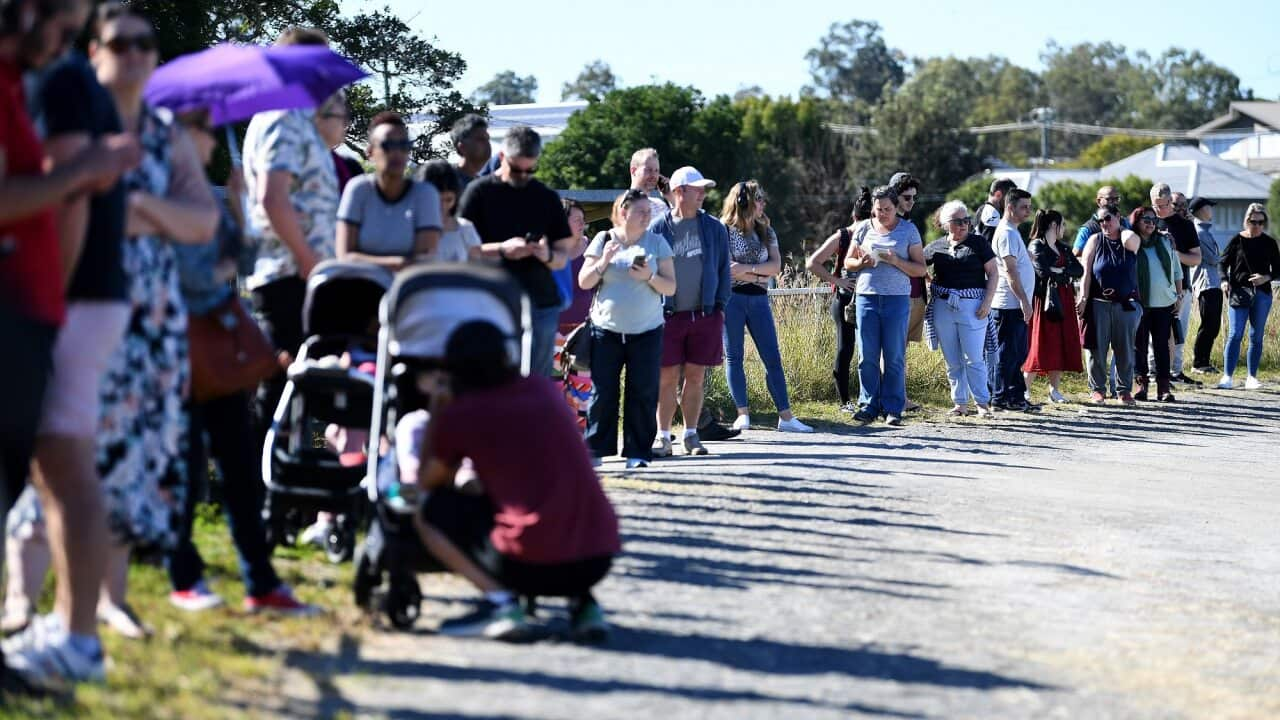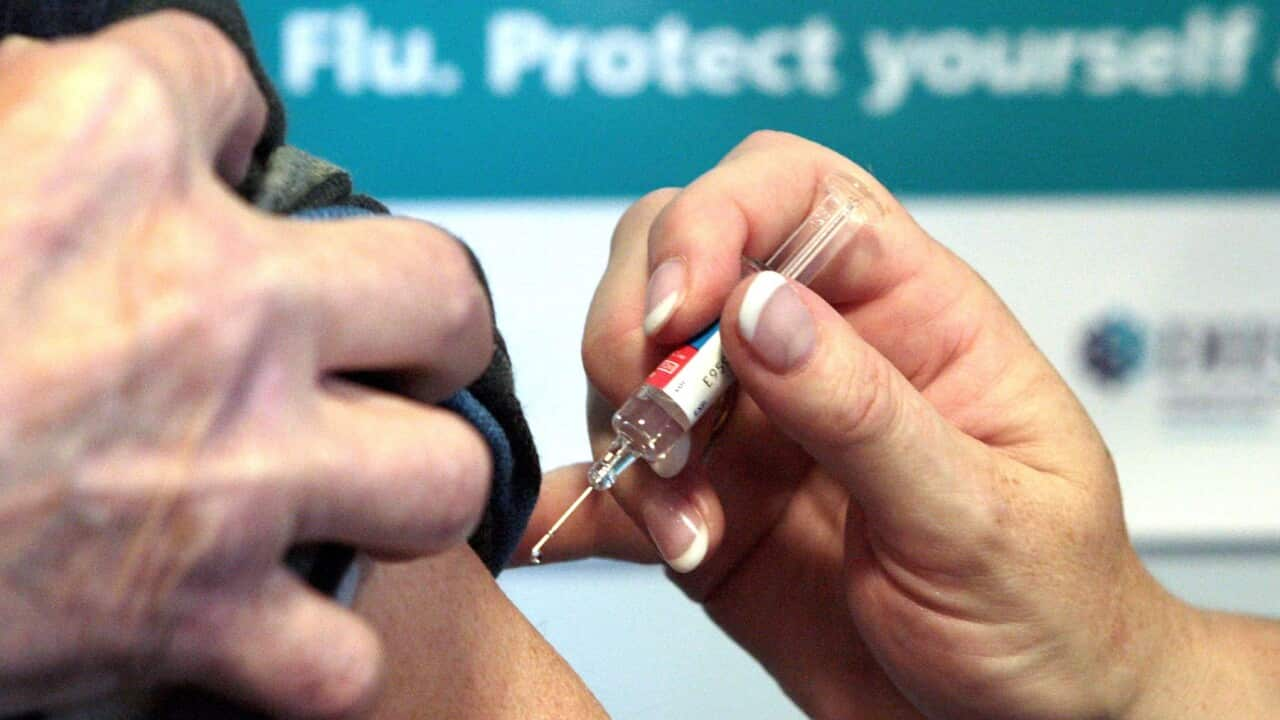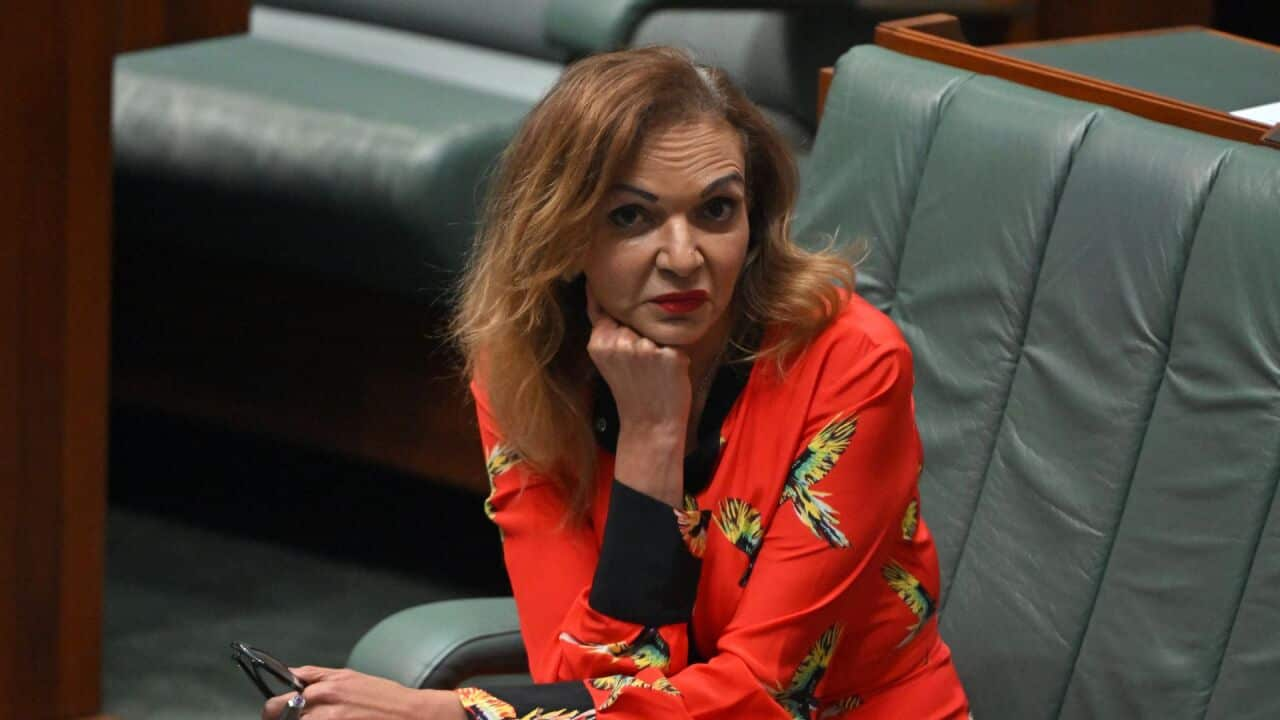Highlights
- COVID-19 vaccination is free for anyone in Australia irrespective of their visa status.
- COVID-19 vaccines have been administered to millions of people around the world.
- Health experts say more research is needed to establish how vaccines work against new strains.
Under the Australian government's COVID-19 vaccination policy, vaccination is free for anyone in Australia irrespective of their visa status.
“Everyone in Australia will be able to receive the vaccine for free," a spokesperson for the Department of Health said in a statement to SBS Punjabi.
Free vaccine for all visa holders:
According to the health department, the free vaccination provision is available to all temporary migrants, including people on temporary visas, refugees, asylum seekers, those in detention centres, and those with cancelled visas.
"The Australian Government is committed to ensuring access to safe, effective and free vaccines to everyone living in Australia, no matter their circumstance,” the Department of Health spokesperson further said in the statement.

'Vaccines are saving lives'
COVID-19 vaccines have been administered to millions of people around the world. Therapeutic Goods Administration (TGA), the government's medicine and the therapeutic regulatory agency, has assessed the two vaccines being given to people in the country - Pfizer and AstraZeneca.
TGA claims both are very effective at preventing people from severe illness, hospitalisation and death if they catch COVID-19, a viewpoint endorsed by a majority of health practitioners in the country, who believe vaccines help protect the health of the general public, people at risk of disease, and also the aged population.

Speaking to SBS Punjabi, Dr Sandeep Bhagat, a Melbourne-based general practitioner, said vaccines have proven effective in protecting people of all age groups from serious illness and hospitalisation due to COVID.
“The vaccines are saving lives and are a great way to save you and your family. The greater the number of people who get vaccinated, the lower would be the risk of the spread of the virus,” he said.
Dr Bhagat said there is an urgent need for extensive research to investigate the effectiveness of vaccines against the new variants, such as the Delta strain of concern that has ravaged India and was recently found in Melbourne.
“We need more data and research to establish how vaccines work against new strains. The findings will also increase our knowledge on how to tackle their potential yet minor side effects.
“We are still in an early phase to know the percentage of people that have been vaccinated against COVID-19 to analyse the size of the population that can be considered protected (population immunity),” he said.
Dr Bhagat added that these vaccines are free for all people living currently living in Australia. He informed that those eligible to get the shot will be able to view vaccination locations and book an appointment. They will not require a prescription from a GP.
“Don't worry, if you do not have a Medicare card, or you are not eligible for Medicare, you can still get the vaccine for free,” he said.
Dr Bhagat also answered some common questions with regards to the effectiveness of the COVID-19 vaccines, such as:
- What is the COVID-19 vaccine, and why is it important to me?
- Will we ever get rid of Coronavirus?
- What is the difference between AstraZeneca and Pfizer vaccines, and which one is better?
- How long the protection lasts after vaccination, and when we need to repeat the vaccine dose?
- What is the benefit of getting vaccinated, and can the virus harm your body even after vaccination?
- Are these vaccines also available to elderly parents on visitor visas, international students, and other temporary visa holders?
- How to book a vaccination?
Click on the audio button to get answers to all these questions.
More information is available on the Australian Government's Home Affairs and Department of Health websites.
Listen to SBS Punjabi Monday to Friday at 9 pm. Follow us on Facebook and Twitter.
News and information is available in 63 languages at sbs.com.au/coronavirus






